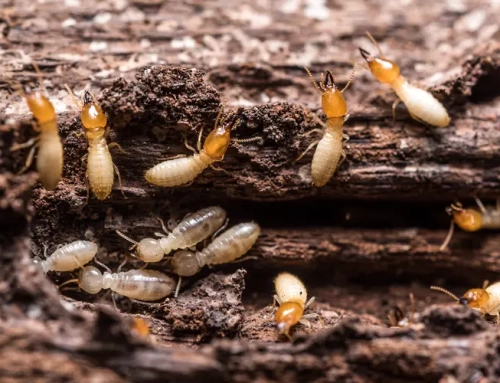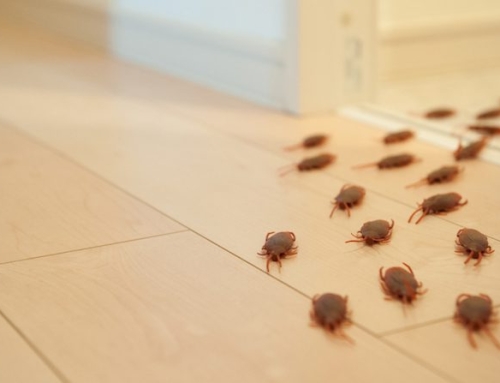“But Dad! Don’t kill it! Our little rat friend is so cute!” says every daughter everywhere.
You’ve heard that phrase, we’ve heard that phrase- the whole world has heard that phrase! But the truth is, rodents are not cute, and they’re not safe to have around your home. As much as we would like to pretend that these furry varmints are friendly creatures, with the appeal of a looney toons character… they just aren’t. When you experience the warning signs of a rodent infestation, it can develop from a nuisance to a health hazard quite quickly. With rat populations increasing the Okanagan, this is becoming a big concern! So, we’re here to point out those signs and caution you on why they should be taken care of swiftly.
Beware of Droppings
Yep, once of the most common signs your home is suffering from a rat infestation is the malevolent appearance of droppings. You will typically find their droppings located around their area of inhabitance and favourite feeding grounds, but there are more problems with discovering their droppings beside how gross it is. The bacteria present in rat feces and urine can carry a vast range of diseases. Diseases like salmonellosis, hantavirus pulmonary syndrome, and leptospirosis are all dangers of coming into the slightest contact with rodent fecal matter.
Unseen Contamination
Diseases such as the ones indicated above bring us to our next point, contamination. It becomes much easier to become contaminated when you are consuming rodent ridden products. Having a rat in the house gives frosted flakes a whole other meaning once they find your food storage. In fact, you might not even know where they’ve scurried past in your home. Next time you consider leaving them be, think about your pillow cases, cooking items, and clothing that they might have graced with their presence.
Structural Damage Worries
The term “love bites” don’t even come into the equation when you have a rat gnawing on your property. There is nothing loving about chewed up wires, floorboards, and more. Rat incisors never stop growing, so the longer you let them set up camp, the more damage you’ll see. They gnaw on non-edible materials to wear their teeth down, meaning you’ll need to say goodbye to your beautiful wood surfaces and make peace with the damages if this problem isn’t taken care of. Additionally, their urine and feces can cause stains and stench that end up being quite unpleasant for household living.
Reproduce Quickly
The only point we have to make is this scene from Friends below:

If “Bob the rat” isn’t a “Bob? You now may call yourself the proud parents of many rat babies. What’s the best part about rat parenthood? Those rat babies will have even more rat babies, and your family will just keep growing! Sounds like a happy picture, right? No, not buying it? Okay, we understand, it’s not a great scenario. What makes matters worse is that rats reach sexual maturation around the age of 5 weeks, so, breeding an army of rodents is a generally speedy process.
They Have Aggressive Tendencies
Ever been afraid of being bitten by a rat? You have good reason too. Rats will begin to show aggressive behaviour when they feel threatened. Never pick up a rat with your bare hands, both for safety and health concerns. Also, be wary of approaching a mama rat protecting her newborns; there is a high chance that she will not play nice with the giant approaching her babies.
We understand you might feel overwhelmed with the fact your rat buddy isn’t as cute as he seemed, but luckily we are there to help! At BugMaster, we aren’t just experts on bugs- we are experts with rodents too. We can offer you an inclusive baiting and monitoring system that allows us to monitor your bait stations periodically, as opposed to daily service. When faced with a larger infestation, we offer both spring traps and bait stations that will do the job.
A rat infestation is not an issue that should be taken lightly. We have written past articles on the seriousness of rats in your home, like how to rid your home of rodents and an article covering the rat epidemic here in the Okanagan. What is your first instinct when you discover signs of pests in your home?










